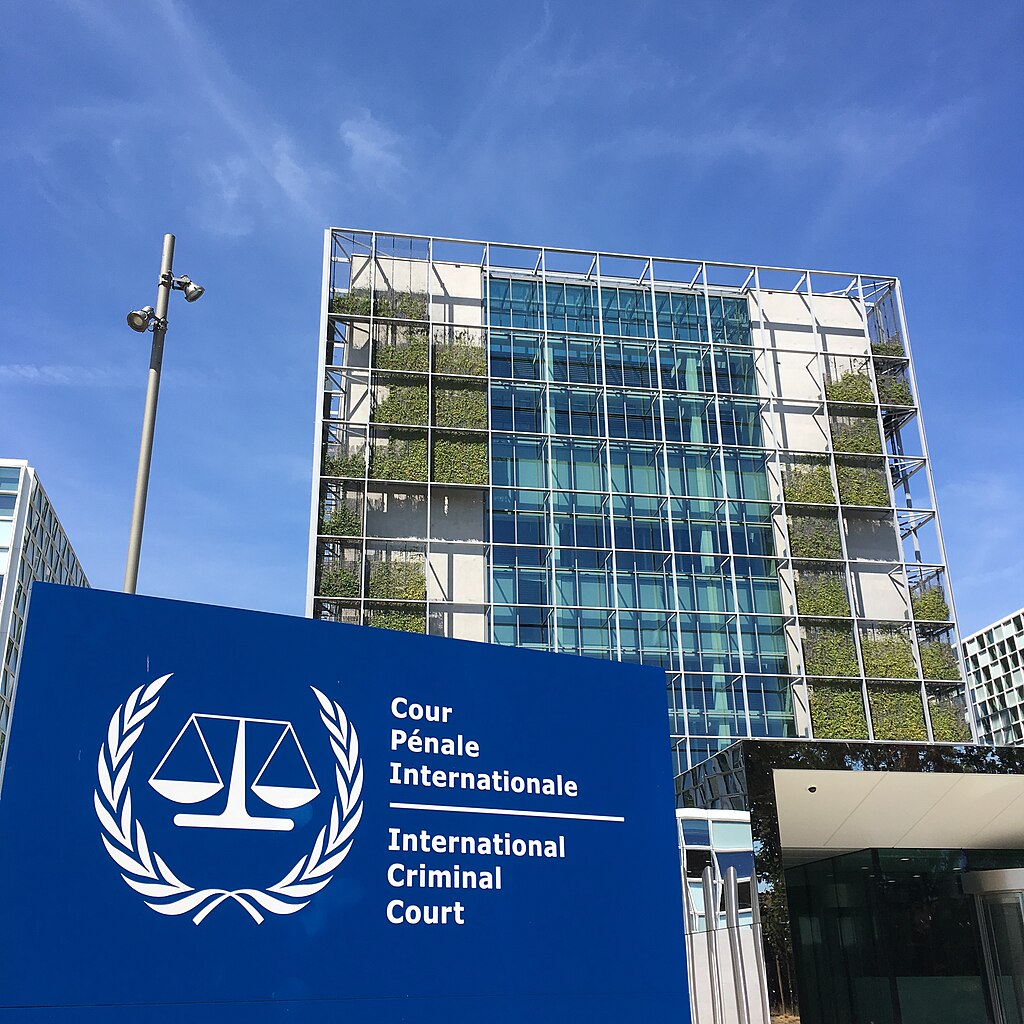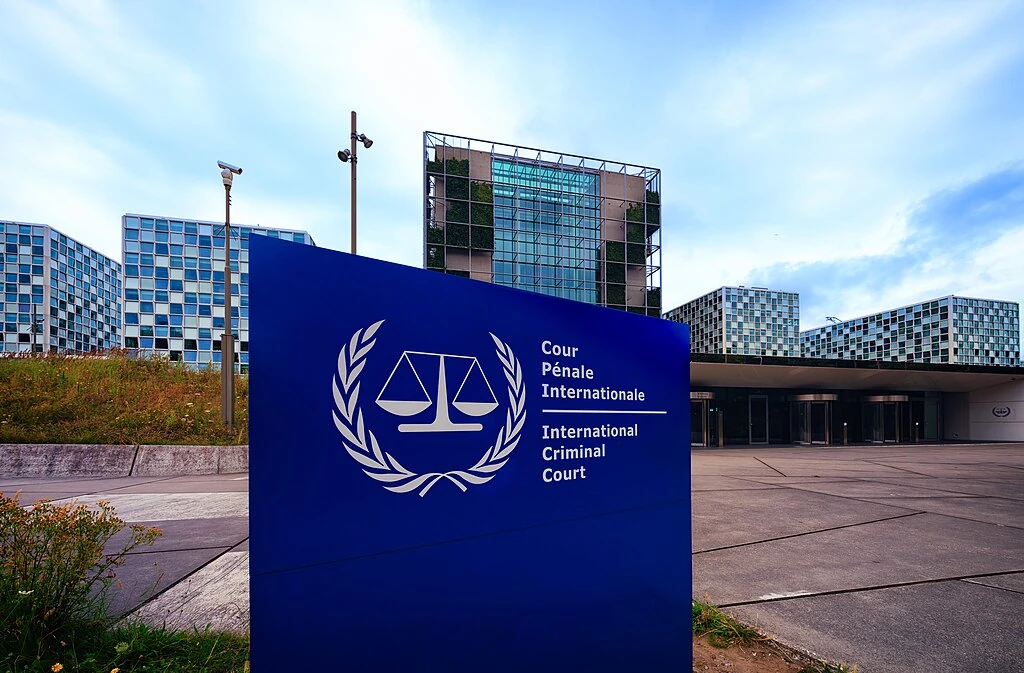Understanding Why It Exists, What It Does, and Why It Matters
Let’s get straight to the point: why does international law even exist? In a world where countries are sovereign and powerful, why do we need rules written in legalese to guide their behavior? Can’t each country just do what’s best for its people and leave the rest alone?
Well, that’s where things get tricky. Because like it or not, we live in a deeply interconnected world. Trade, climate, human rights, migration, war, and even space exploration—these are global issues. And without a common legal framework, we’d be looking at a lot more chaos than cooperation.
So, let’s unpack this. What is the point of international law? Why was it created, what does it actually do, and how does it impact the real world today?
Quick Definition: What Is International Law?
International law refers to a set of rules, norms, and agreements between countries. It governs how nations interact with each other—covering everything from war and peace to trade, diplomacy, the environment, and human rights.
It’s built on treaties, conventions, customary practices, legal principles, and decisions made by international courts like the International Court of Justice (ICJ) or the International Criminal Court (ICC).
But here’s the catch: there’s no global police force. International law works on cooperation, reputation, and mutual benefits—not brute force.

The Core Purpose of International Law
1. Preventing War and Promoting Peace
At its core, international law exists to reduce conflict and promote peace. It lays down clear rules about:
- When a nation can go to war (e.g. self-defense)
- How wars should be fought (e.g. protecting civilians under the Geneva Conventions)
- How to resolve disputes peacefully through diplomacy or arbitration
This helps stop power-hungry states from doing whatever they want. After the chaos of two world wars, creating legal limits to state behavior became a global priority. That’s why institutions like the United Nations (UN) were born.
2. Protecting Human Rights
One of international law’s most important jobs is to protect individual dignity.
From the Universal Declaration of Human Rights to the Convention Against Torture, international law tries to make sure that governments respect fundamental human rights—regardless of borders.
This matters when dealing with:
- Genocide
- War crimes
- Torture
- Refugee protection
- Discrimination
3. Supporting Trade and Economic Cooperation
International law creates the rules for global commerce. Without it, international business would be risky, chaotic, and unpredictable.
Think about:
- World Trade Organization (WTO) rules
- Free trade agreements (like USMCA or the EU Single Market)
- Laws protecting intellectual property
- Agreements regulating cross-border investments
These frameworks make sure trade is fair, transparent, and consistent—which is critical for global economic growth.
4. Tackling Global Problems (Climate, Oceans, Pandemics)
No single country can fix climate change, manage global pandemics, or protect the oceans alone.
That’s why we need:
- The Paris Agreement on climate change
- The Law of the Sea (UNCLOS) to protect maritime borders
- The World Health Organization (WHO) for disease outbreaks
International law sets the playing field for countries to work together on global-scale issues.
5. Ensuring Accountability and Justice
International law makes sure that no one is above the law—not even heads of state.
The International Criminal Court (ICC) prosecutes war criminals and those accused of crimes against humanity. This is important for justice, closure for victims, and deterrence against future atrocities.
It sends a signal: there are consequences, even at the highest level.
Why Do Countries Follow International Law?
Here’s the big question—if no one is forcing countries to follow the law, why do they do it?
1. Mutual Benefit
Countries follow the rules because it benefits them in the long run. Cooperation helps them avoid war, grow their economies, and solve problems they can’t fix alone.
2. Reputation
Violating international law can hurt a country’s reputation. This can lead to sanctions, loss of trade deals, or being shut out of the global community.
3. Reciprocity
States follow the rules because they expect others to do the same. If everyone plays by the rules, things go smoother for everyone.
4. Pressure from Allies and Public Opinion
Governments that break international rules can face internal protests, loss of foreign aid, or backlash from allies and trade partners.
Common Criticisms of International Law (And the Reality)
Let’s keep it real. International law isn’t perfect.
Here are some common criticisms:
- “It’s toothless.” True, there’s no international army. But soft power, sanctions, and diplomatic isolation often do the trick.
- “Powerful countries ignore it.” Sometimes. But even powerful countries care about their image, economy, and alliances. There’s often a cost to ignoring the law.
- “It’s slow and bureaucratic.” Absolutely. Legal processes are slow. But they also create space for dialogue, negotiation, and peaceful solutions.
Bottom line? Imperfect law is better than no law at all.
Real-World Examples of International Law in Action
Let’s look at some real-world cases where international law matters:
- Russia’s invasion of Ukraine: Widely condemned as a violation of the UN Charter and international law.
- Climate agreements: Countries commit (and update) their targets to reduce emissions under the Paris Agreement.
- Global COVID-19 vaccine distribution: Managed through international cooperation under COVAX and WHO rules.
- Trade disputes between the U.S. and China: Settled through WTO arbitration processes.
- Maritime disputes in the South China Sea: Addressed under UNCLOS, even if not always enforced equally.
Final Word: So, What’s the Point?
Here’s the deal—international law exists because it’s the best tool we have for keeping the world somewhat stable, fair, and predictable.
It doesn’t work perfectly. It’s slow. It’s messy. But it gives countries a way to resolve disputes without bloodshed, protect basic rights, trade smoothly, and deal with problems that cross borders.
Without international law, the world would be a lot more dangerous and a lot less cooperative.
So the next time someone asks, “What’s the point of international law?”—you can confidently say:
It’s what keeps the global system from falling apart.
FAQ: International Law
Q: Is international law legally binding?
A: Yes, but it depends. Treaties are binding once ratified, but enforcement relies on state cooperation.
Q: Can individuals be prosecuted under international law?
A: Yes—especially for war crimes, genocide, or crimes against humanity (e.g., ICC cases).
Q: Who makes international law?
A: Countries, through treaties and agreements, as well as international organizations and courts.
Q: Is international law the same as foreign policy?
A: Not quite. International law provides the rules. Foreign policy is how countries choose to act.


